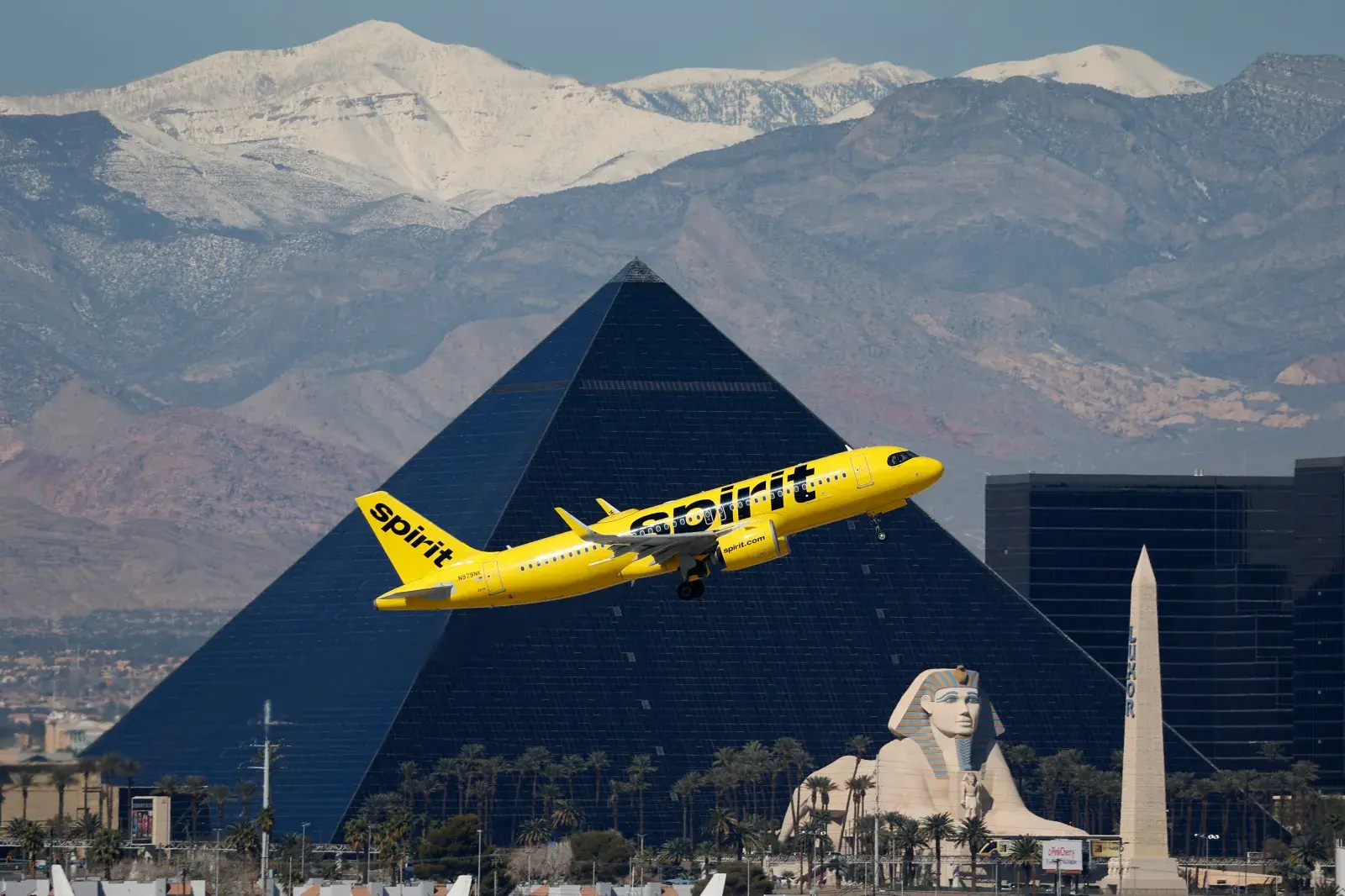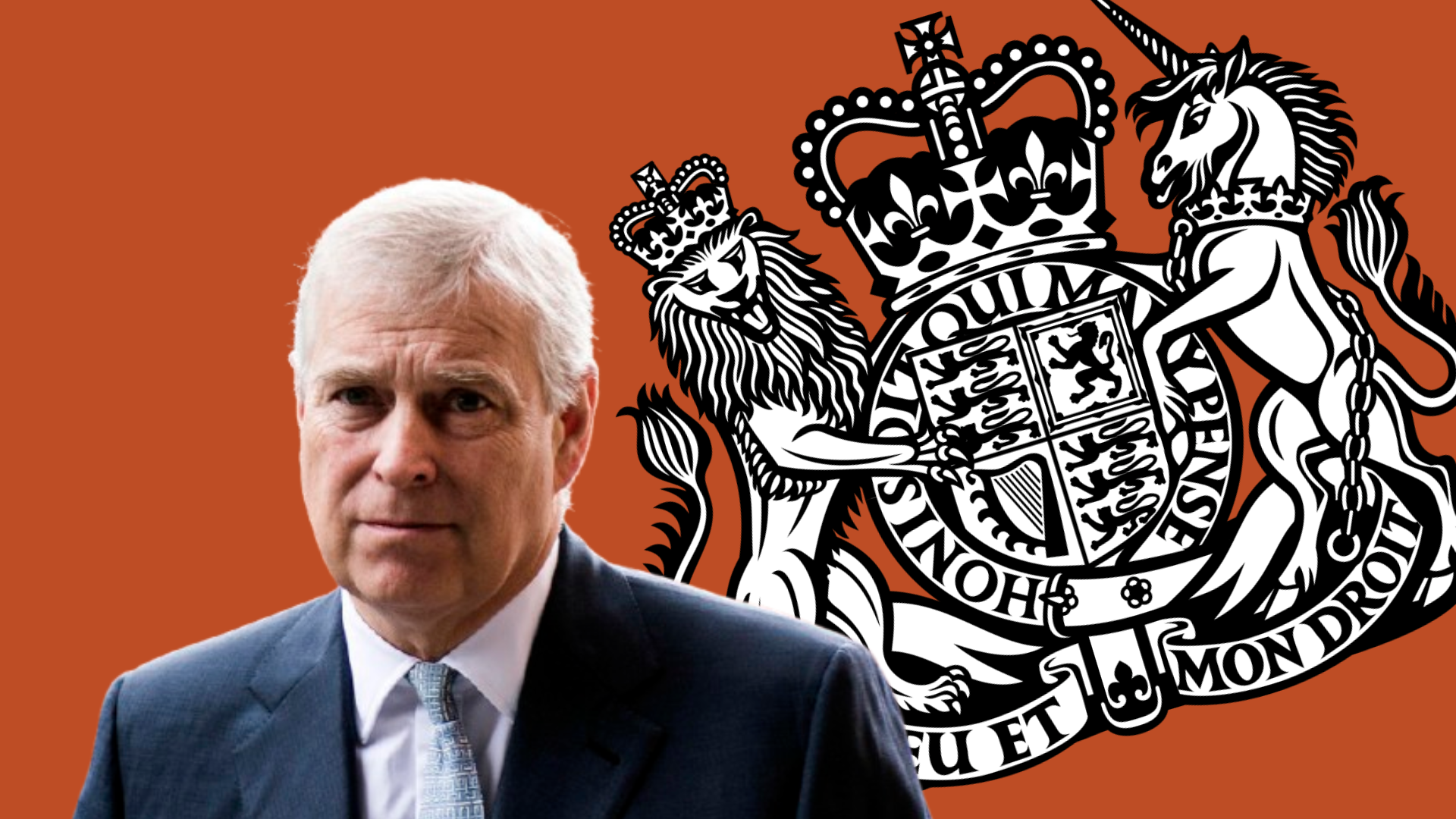Copyright newsweek

The ailing carrier Spirit Airlines is seeing passenger numbers to and from Las Vegas plummet, as the company navigates its second bankruptcy in under a year. According to new flight data from Harry Reid Airport—Nevada’s busiest, with nearly 60 million passengers in 2024—Spirit Airlines saw a 46 percent decline in arrivals and departures in September compared to a year prior. Year-to-date, the airline’s total of 4 million flights marks a 34 percent drop from the over 6 million during the same period in 2024. Newsweek has contacted Spirit via email for comment. Why It Matters Spirit has long been grappling with declining demand and related financial strains, leading to it filing for bankruptcy in November, from which it emerged in March, only to file again in August. The company has announced that it will be cutting its fleet, flight capacity and staff as it attempts to exit the process and return to profitability over the next few years, while also exploring a potential sale or merger. What To Know Harry Reid saw its overall passenger numbers fall 6.4 percent year-over-year in September, amid a wider monthslong drop in visits to Sin City. However, the long-term slump in Spirit-operated flights—with double-digit declines dating back to October of last year—has been far steeper than that of other airlines. By comparison, Delta flights fell by 2.1 percent compared to a year prior, United posted a 5.4 percent increase, while the rival budget carrier Southwest saw arrivals and departures rise by 5.5 percent. A Spirit Airlines Airbus A-320 departs from Harry Reid International Airport en route to Los Angeles with the Luxor Hotel and Casino and snow-covered Mount Charleston in the background on March 15, 2025 in Las Vegas, Nevada. (Photo by Kevin Carter/Getty Images) In September, Spirit announced plans to reduce its capacity significantly toward the end of 2025, a change CEO Dave Davis said would “inevitably affect the size of our teams.” Earlier this month, Chief Financial Officer Fred Cromer said the airline planned to shrink its fleet by nearly 100 planes amid the ongoing restructuring process, Reuters reported, which he said will save the company “hundreds of millions of dollars.” Prior to its bankruptcy filing in late August, the company said there was “substantial doubt” regarding its long-term survival, though executives have outlined measures being taken to try and change its fortunes, including selling aircraft and cancelling “unprofitable routes.” As experts have told Newsweek, the downfall of Spirit could ripple through the entire U.S. airline industry, leading to near-term issues for travelers and higher prices in the future, given that the company’s budget offerings have long served as a positive source of fare competition. A merger with another carrier such as JetBlue—the last attempt at which was blocked by courts on antitrust grounds—or a sale Spirit’s assets have been seen by many as the most promising path forward for the ailing airline. What People Are Saying Ernest Arvai, the president of the aviation consultancy AirInsight Group, previously told Newsweek: “Generating positive cash flow is critical for airlines like Spirit, but their major competitors have more pull with customers in terms of preference if flights are offered at the same price point. Major airline competitors like United are now adding capacity on routes Spirit has dropped. Competitors exist on routes Spirit is still flying, offering discounted economy seats and relying on their premium cabin revenue and preference to generate sustainable revenues.” “While Spirit is trying to remain competitive, it lacks the market power and critical mass to effectively compete,” he added. “The inability to merge with either Frontier (which made sense) and JetBlue (which didn’t) put Spirit in an untenable position, in which it remains today.” Airline industry expert Kerry Tan previously told Newsweek: “Spirit has lost leverage in any potential merger negotiations. Spirit does not seem to be financially sustainable and that might scare off other airlines except for a potential speculative lowball offer. It’s hard to say how much longer Spirit has, but the biggest potential winner in all of this is Frontier, whose bid to acquire Spirit was scorned in favor of JetBlue’s offer. Now, Frontier stands to become the most prominent ultra low-cost carrier in the United States if Spirit is unable to survive.” What Happens Next Spirit is exploring a potential merger or sale, according to recent filings cited by Flight Global and Aviation Week, and is in talks with several interested parties.



